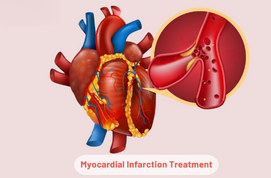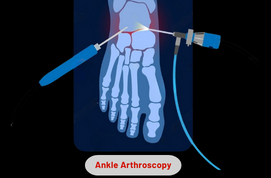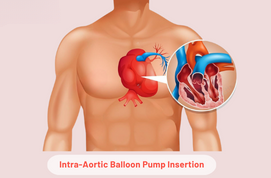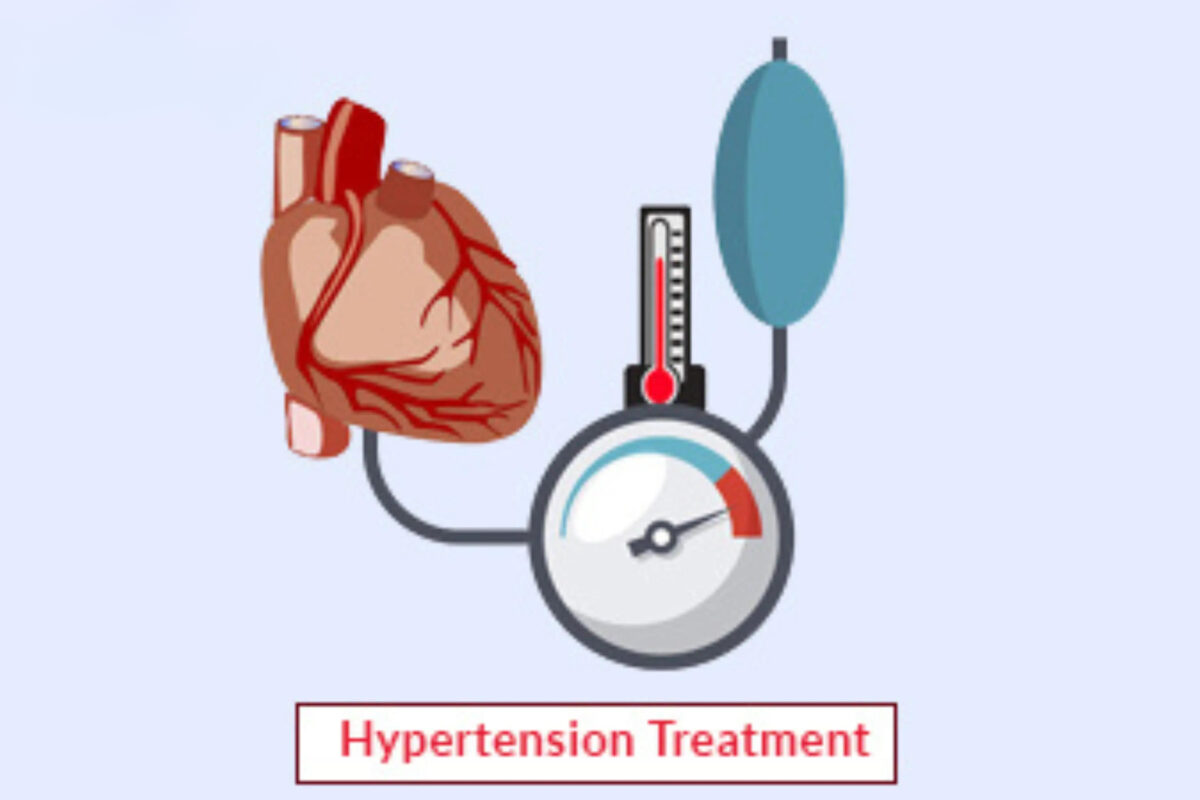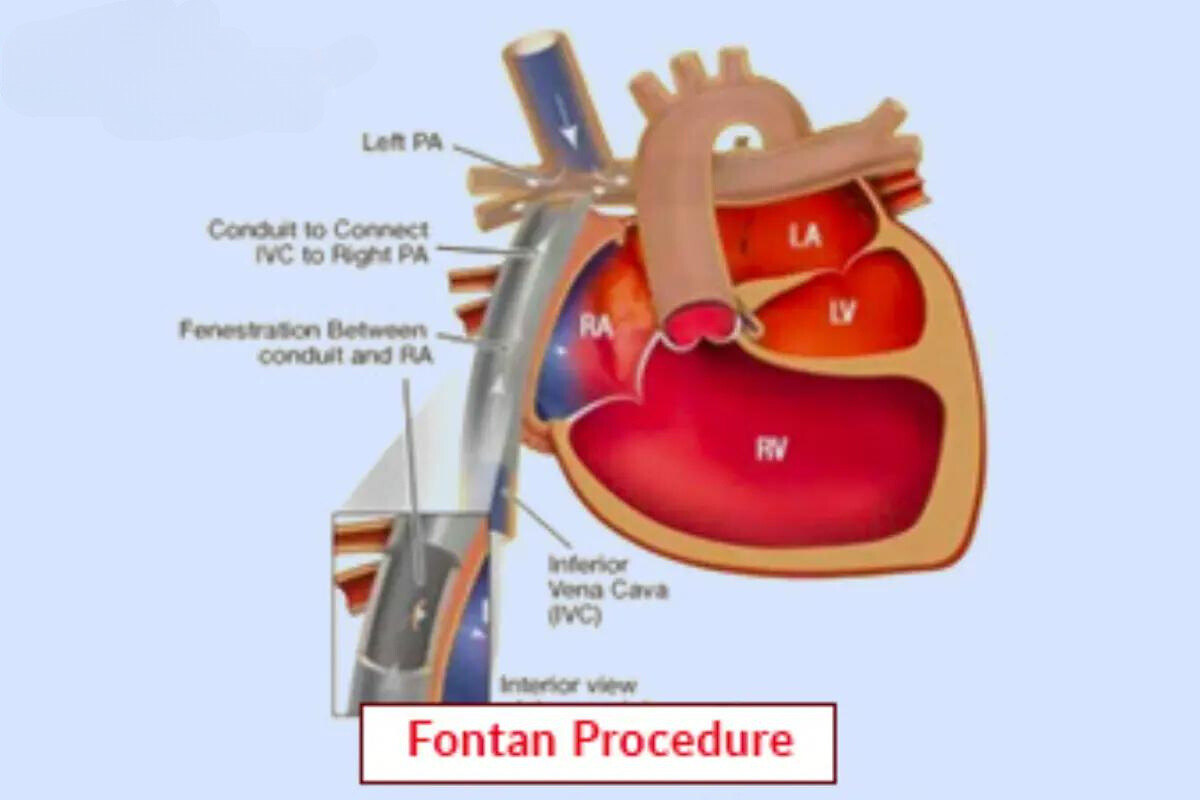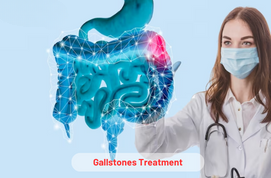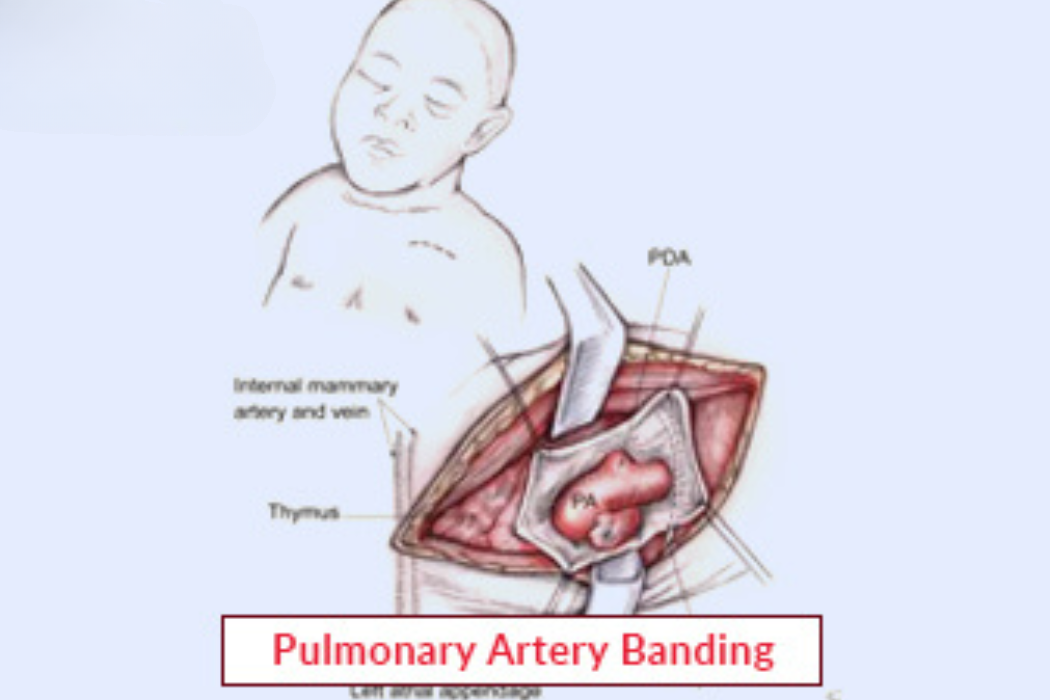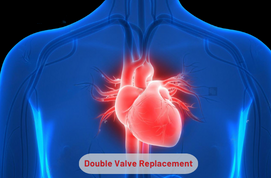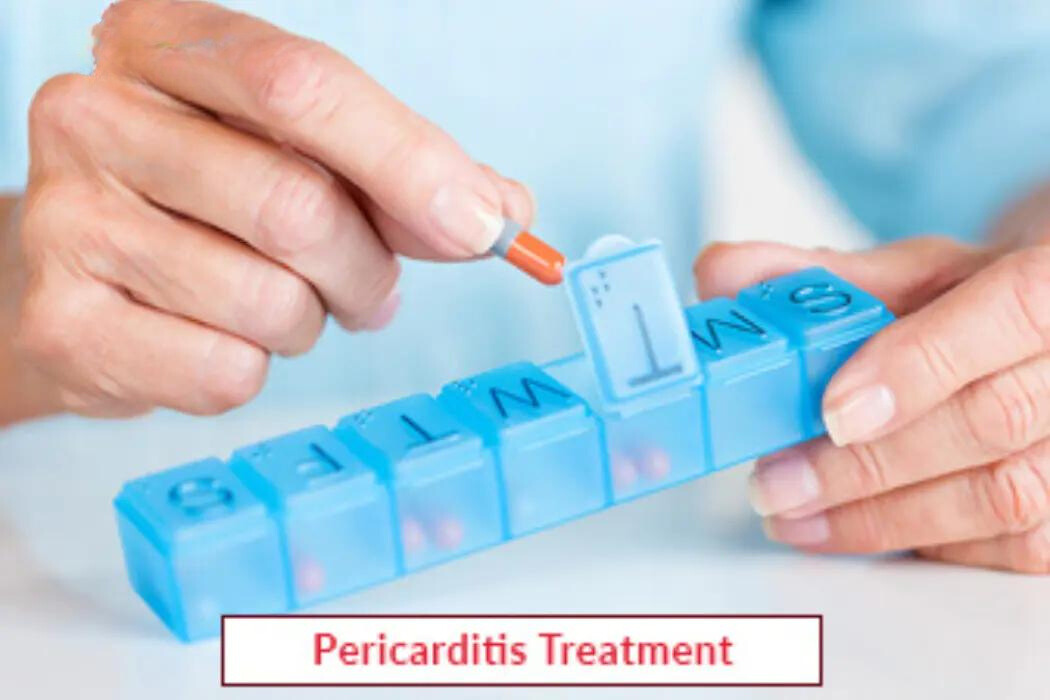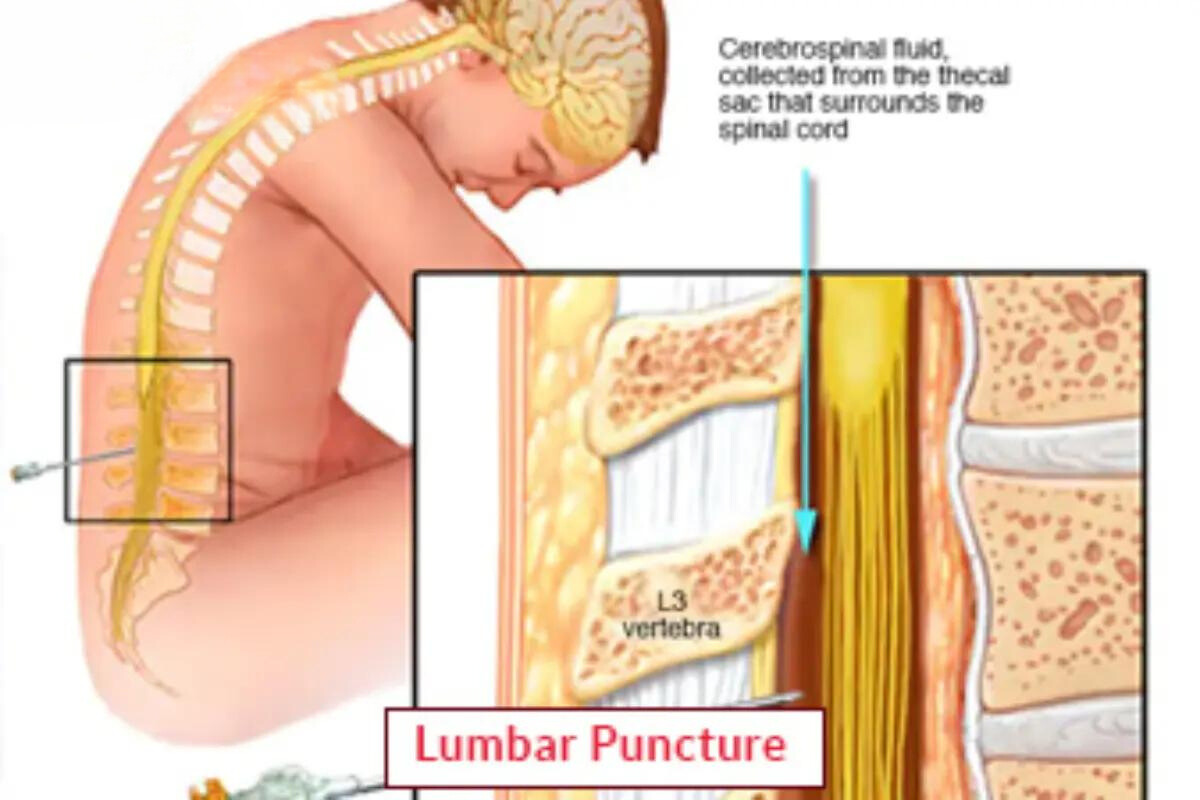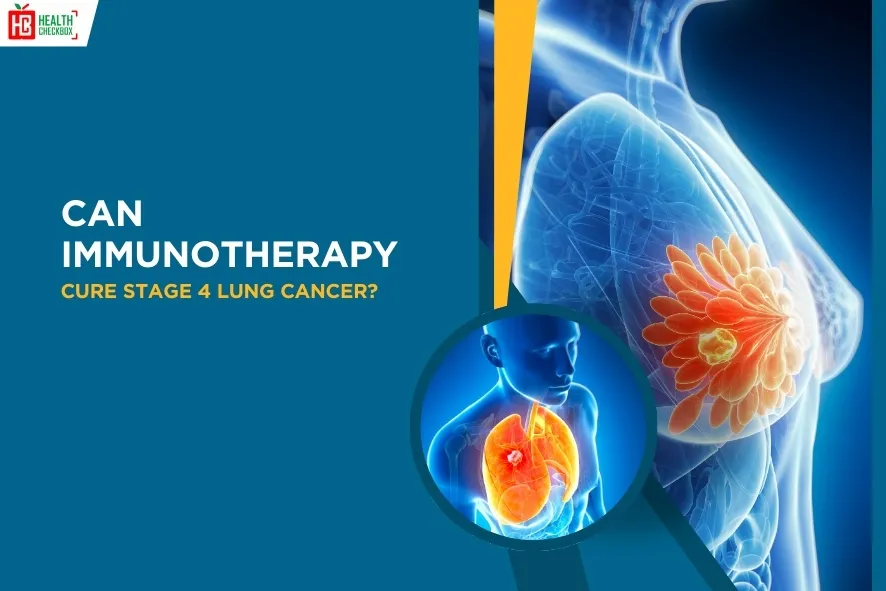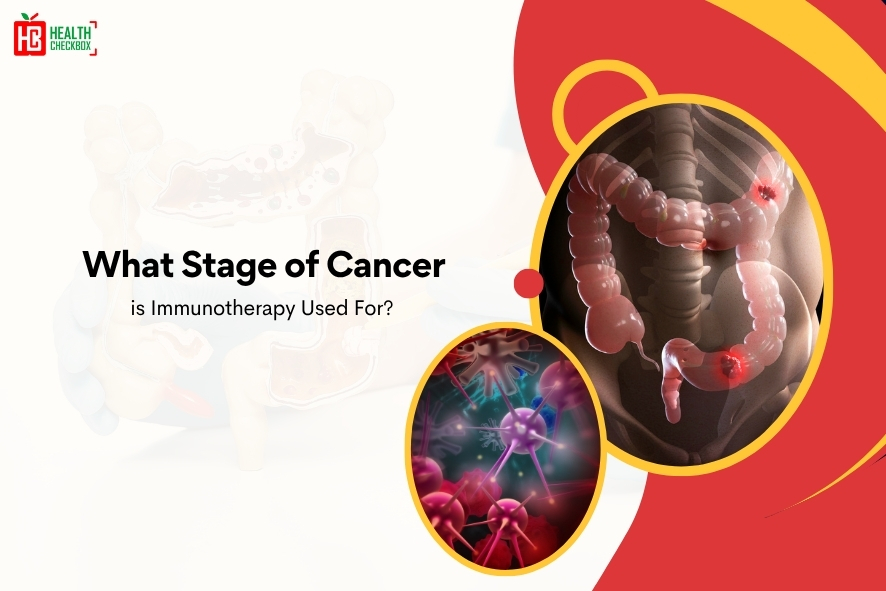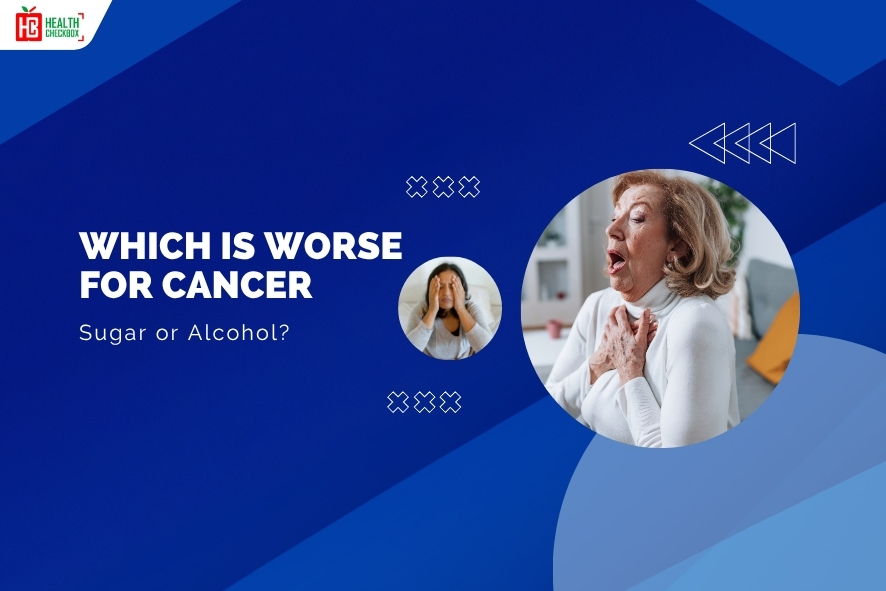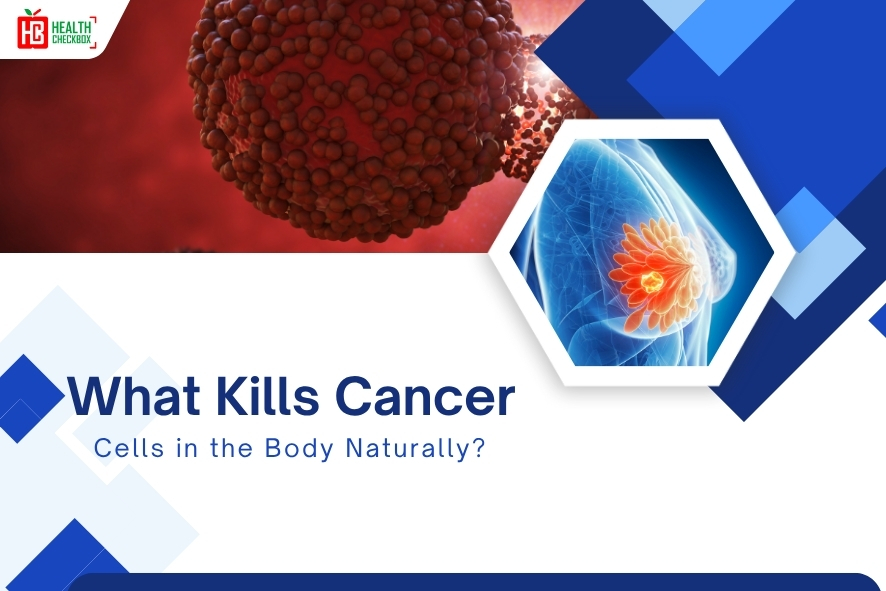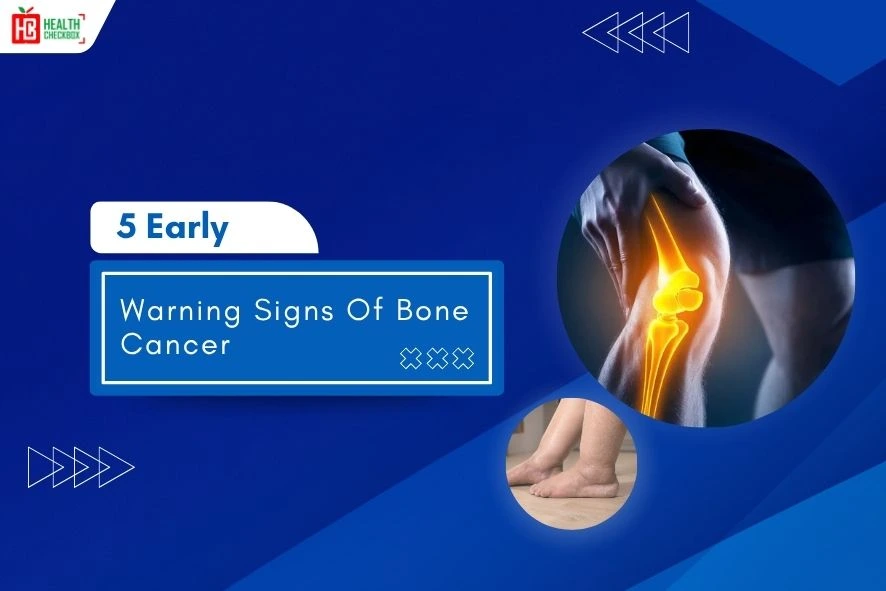A heart attack occurs when blood flow in one of the coronary arteries of the heart reduces or stops. It could result in an infarction, which would kill tissue in the heart muscle. A heart attack is also called myocardial infarction (MI). The main cause of blockage in the heart’s coronary arteries is the formation of fatty acids, cholesterol, and other substances. Deposits of fat and cholesterol in the walls of arteries are called plaque. When these arteries become hard or hardened the process of plaque development is known as atherosclerosis.
The main aim of medical aid is to renew blood flow to the heart muscle. That is mostly complete with clot-busting medicines, such as aspirin. Additional procedures such as coronary angiography, bypass, grafts, or angioplasty with stent implantation may be necessary in order to restore heart flow. And all of the top MI treatment choices are detailed below.
Symptoms of Myocardial Infarction
Most of the common signs and symptoms of MI can vary from person to person. Some of them have mild indications, and others have severe marks. And many people have no symptoms.
- Chest pain or pressure
- Diaphoresis
- Indigestion
- Feeling sick
- Fatigue
- Nausea
- Breathing problem
- Lightheadedness
- Pain or discomfort around shoulder, arm, jaw, neck, and back.
Causes of Myocardial Infarction (MI)
The main causes of myocardial infarction are listed below:
- Coronary Artery Disease: This happens when plaque spreads inside the heart arteries. It creates them to narrow and decrease the circulation of blood to the heart muscle.
- Formation of Blood Clots: Clotting of blood can happen in the coronary artery. These lump or chunk totally block the flow of blood in the heart muscle. This is known as ST-elevation myocardial infarction (STEMI).
- Partial Blockage: A total blockage or narrowing in a coronary artery. It strictly reduces blood flow to the heart muscle. This process is called Non-ST-elevation Myocardial Infarction (NSTEMI).
- Ischemia: In this condition, reduction of blood flow to the other part of the body. This can lead to various conditions like strokes and heart attacks.
Risk Factors of Myocardial Infarction
- Age
- Consumption of Tobacco
- High blood pressure
- High cholesterol
- Obesity
- Diabetes
- Family history of heart attack
- Metabolic syndrome
- Unhealthy diet
- Stress
- Use of illegal drugs
- Autoimmune
- History of preeclampsia
What are the Various Complications of MI?
Heart attack problems are often due to heart muscle damage. Actual complications of a MI include:
- Irregular or atypical heart rhythms may be serious and can be deadly. Improper heartbeats can result from damage to the heart. Cardiac shock happens when the heart is dead and unable to pump blood, which is required by the body. Pumping of blood is an important process because circulation of blood allows every organ to work properly.
- Heart failure can be temporary or chronic. If the muscle tissue is damaged, then the human heart is unable to pump blood.
- Cardiac arrest is a sudden change in individual’s heartbeat that can be a major sign in the patient’s health. This condition increases the risk of survival
How can it be diagnosed?
MI diagnosis involves checking the patient’s temperature, pulse, and blood pressure. Tests are performed to measure heart rate and assess general heart health.
- ECG or EKG
- Blood Tests
- Chest X-ray
- Echocardiogram
- Coronary catheterization
- CT or MRI scan
Treatment Options for Myocardial Infarction
Particular heart attack treatment depends on whether there’s a complete or incomplete blockage of blood flow.
Medication
- Different drugs to treat a heart attack are listed below:
- Aspirin is a drug that reduces clotting of blood. Blood keeps moving through a narrowed artery with the help of this medication.
- Thrombolytics or fibrinolytics, clot-buster medicines, help in breaking the blood coagulation.
- Other blood-thinning drugs help in making blood less sticky and stops the formation of clots.
- Morphine gives relief in chest pain. Sometimes pain doesn’t go away with sublingual tablets like nitroglycerin.
- With the help of beta-blocker drugs, blood pressure can be decreased. It also slows down the heartbeat of the patients.
- Statins work by blocking some of the components. That is required by the body to make cholesterol. This drug lowers the level of unhealthy cholesterol.
Surgical Process
- Balloon angioplasty: In this procedure, the main blood vessels are cleared, or open the channel is opened. With the help of a flexible silicone or latex tube and an inflated balloon, this activity is done. These clear the way for the vessel and restore the blood flow.
- Atherectomy: The surgeon will use a blade or laser, and thin tube used together to remove plaque growth in a blood vessel.
- Bypass Surgery: New routes are created by the surgeon through which blood can flow from arteries that are blocked and narrowed. Healthy vessels are taken from the patient’s legs, arms, or chest for the bypass process.
Latest Health Tips
Can Immunotherapy Cure Stage 4 Lung Cancer?
Early Signs of Cervical Cancer
Foods that Kill Cancer: Leafy Vegetables, Grains, & More
What Stage of Cancer is Immunotherapy Used For?
Which is Worse for Cancer, Sugar or Alcohol?
Vaccines That Prevent Cancer
What Kills Cancer Cells in the Body Naturally?
Early Warning Signs of Bone Cancer
Submit Your Enquiry
Testimonials








